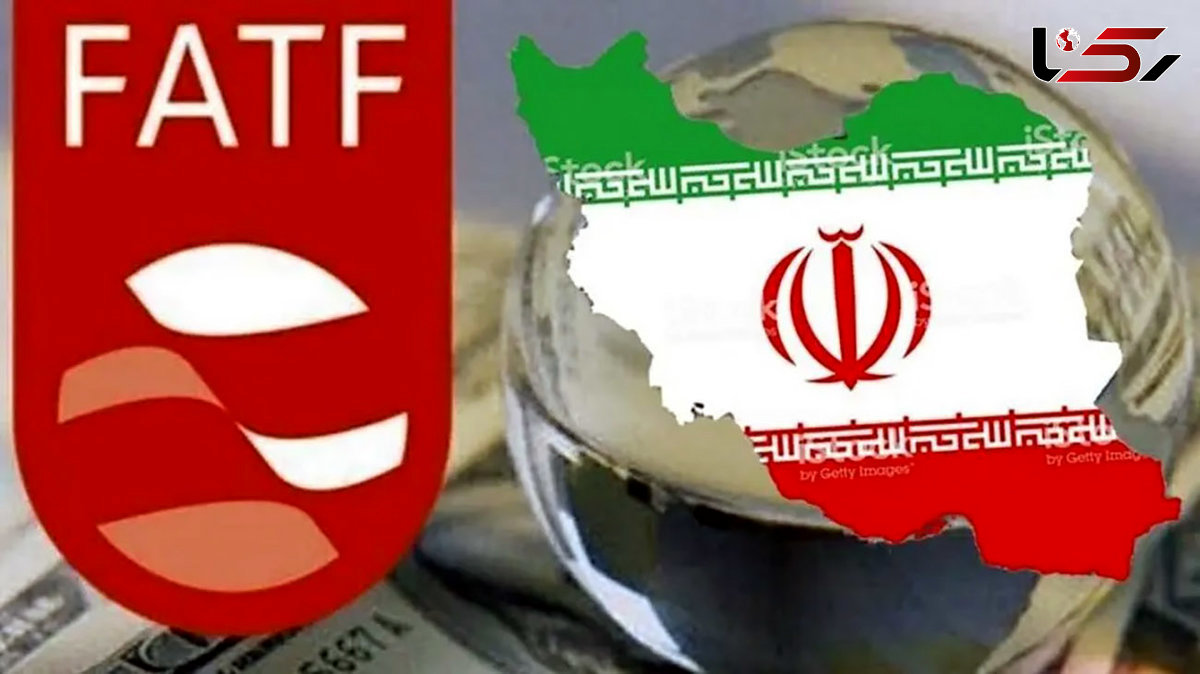What Evidence Exists of FATF’s Cooperation with Iran?
Rokna Economic Desk: The examples of FATF’s cooperation and collaboration with Iran may be a question for many. Various pieces of evidence of this collaboration exist, and one of the main reasons is that the government, the Ministry of Economic Affairs and Finance, and the Financial Intelligence Unit were not indifferent and engaged with FATF within the framework of laws and regulations with the approval of relevant authorities.

The most important examples of FATF’s cooperation with Iran, despite the expiration of the “Action Plan” implementation period since 2019, are as follows:
-
Despite pressure from adversaries, immediately after the signing of the Action Plan, FATF suspended countermeasures against the country. However, due to Iran’s failure to implement the Action Plan within the prescribed time and one year after the deadline, countermeasures were reinstated, and the reason was Iran’s delay in fulfilling the agreement.
-
The Action Plan agreed upon with Iran, despite the eight-year implementation period, has not been annulled to date. This is while, for another country on the blacklist, namely North Korea, such an annulment has occurred.
-
Countermeasures against Iran, despite the aforementioned delays, have not been intensified, and FATF’s statement against Iran has remained unchanged since 2020, still focusing on the ratification of the Palermo and CFT Conventions. In contrast, countermeasures against North Korea have intensified to the extent that all financial and credit institutions in that country have been shut down worldwide, and financial institutions across the globe are prohibited from providing any services to North Korean nationals. Fortunately, such restrictions have not been applied to Iranian nationals, and countermeasures against Iran remain at the level of close monitoring of Iranian economic activities abroad.
-
The evaluation of Iran’s performance within the framework of the Action Plan by FATF has so far been based on older versions of the organization’s recommendations, focusing on the amendment of laws and regulations. This contrasts with FATF’s approach toward other countries, which is far stricter and based on proving the effectiveness and efficiency of anti-money laundering and counter-terrorist financing laws and regulations.
-
FATF’s cooperation with Iran, granting multiple deadlines for submitting progress reports, and the official emphasis of the organization’s president on not following the current U.S. administration’s policies regarding Iran are other key aspects of these interactions.
-
The written commendation by the Eurasian regional group for anti-money laundering and counter-terrorist financing of FATF’s subordinate bodies, including Iran’s Financial Intelligence Unit, for its work in combating money laundering and terrorist financing last year, as well as the approval of a technical assistance proposal to help Iran exit the blacklist, are further examples of this cooperation.
In conclusion, it should be noted that there is a possibility that the FATF’s rotating presidency may one day be handed over to hostile countries; therefore, Iran’s file must be resolved as quickly as possible, or the country’s challenges could multiply.
Send Comments